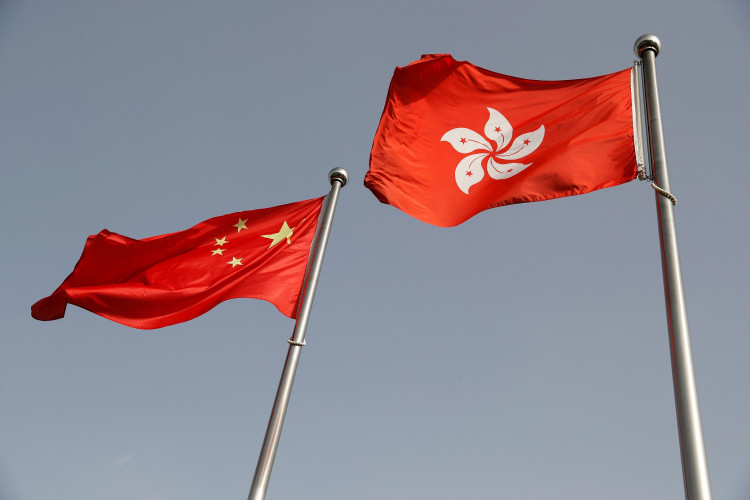Hong Kong witnessed a record low voter turnout in its latest district council elections, marked by the implementation of China's "patriots only" policy. This electoral system, which essentially barred opposition democrats from standing, received a cold reception from the city's residents, with the lowest voter participation since the 1997 handover of Hong Kong from Britain to China.
The recent polls, conducted under the watchful eyes of Beijing's sweeping national security law, saw a mere 27.5% of eligible voters casting their ballots. This stark contrast to the 71% turnout in 2019's elections, held amidst intense anti-government protests, underscores the dramatic shift in the city's political landscape. The previous election had seen a decisive victory for the pro-democracy camp, galvanizing the city's democratic aspirations. However, this year's turnout reflects a growing disillusionment with the current political environment.
The electoral overhaul, a significant departure from the past, included a drastic reduction in directly elected district council seats by 80% and stringent national security screenings for all candidates. This overhaul was part of a broader strategy by China's ruling Communist Party to reshape Hong Kong following the 2019 protests, which included the imposition of a comprehensive national security law.
Hong Kong's leader, John Lee, defended the electoral changes, asserting that the district councils would no longer serve as platforms for dissent against the government. However, critics and observers noted the lack of political diversity in the elections, as the voters were essentially asked to endorse government-chosen candidates, leading to widespread apathy and disengagement.
The government's extensive campaign to mobilize voters, including outdoor concerts, carnivals, and free museum visits, failed to generate significant interest. This disinterest raises questions about the legitimacy of the new political system and reflects the public's resistance to the government's attempts to control the narrative.
Despite the low turnout, Beijing's Hong Kong and Macau Affairs Office praised the elections, claiming they were conducted fairly and orderly, reflecting the "advanced nature" of the new system. Yet, this perspective contrasts starkly with the public sentiment in Hong Kong, where many view the elections as an endorsement of the government's policies.
The national security law, widely criticized for stifling political opposition and freedoms, has been defended by the Hong Kong government as necessary for restoring stability. However, this stability comes at the cost of diminishing the city's once vibrant democratic space.
The Sunday elections, though meticulously orchestrated by the authorities, failed to garner the expected public support. This outcome serves as a stark reminder of the challenges Beijing faces in winning the hearts and minds of Hong Kongers, who have long cherished their unique political and cultural identity. As Hong Kong continues to navigate its complex relationship with mainland China, the future of its democratic processes and civic engagement remains uncertain and closely watched by the international community.






